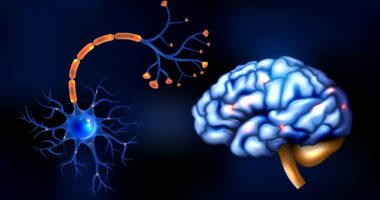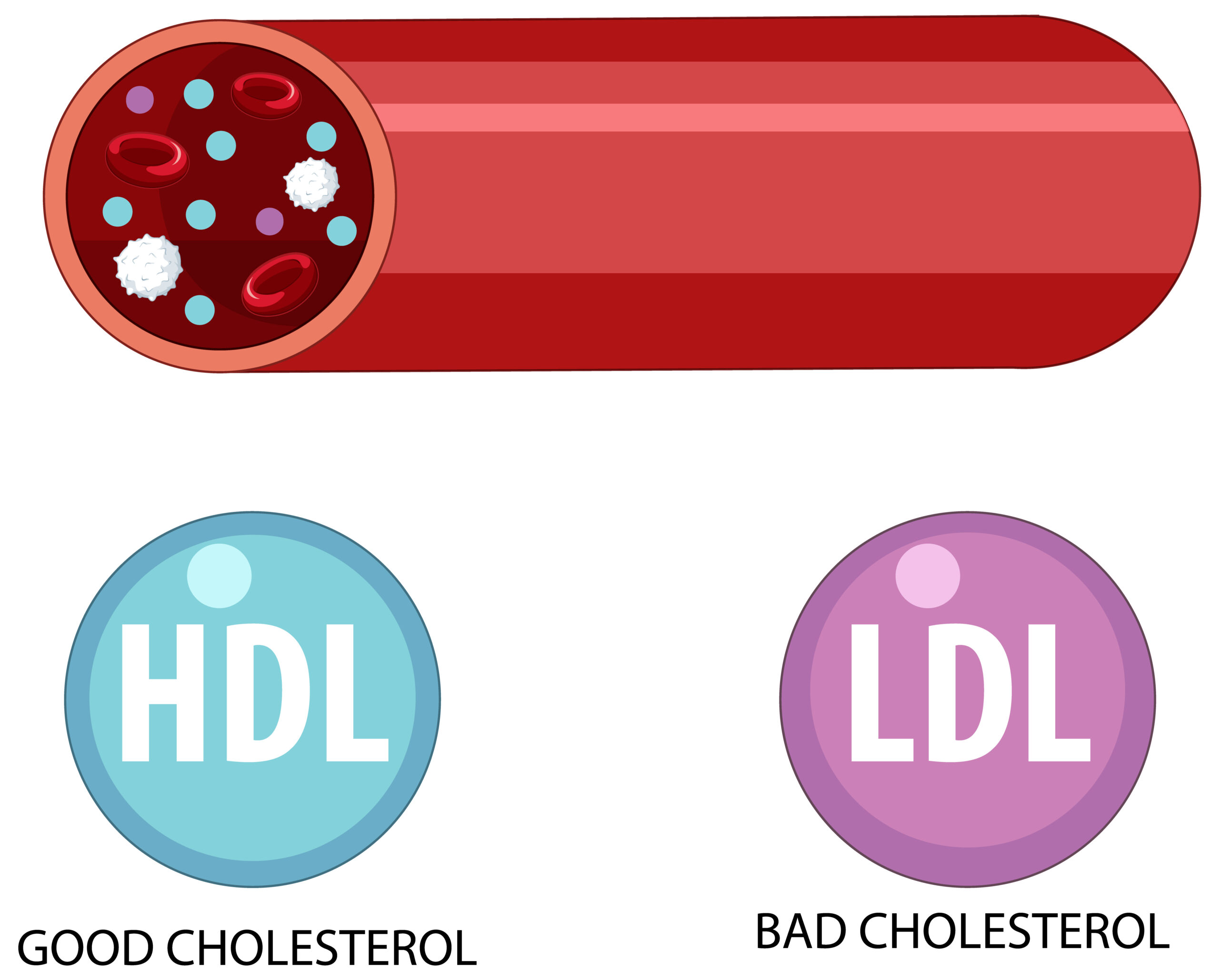Chronic illnesses such as diabetes, heart disease, and cancer are among the leading causes of death worldwide. While lifestyle choices like diet, exercise, and smoking play a significant role in the development of these conditions, genetics also has a profound impact. Understanding how our genetic makeup contributes to chronic illnesses can help individuals make informed decisions about their health and take preventive measures.
What Are Chronic Illnesses?
Chronic illnesses are long-term health conditions that typically progress over time and may not have a complete cure. Examples include diabetes, hypertension (high blood pressure), cancer, heart disease, and arthritis. These illnesses often result from a combination of genetic predispositions and environmental factors.
How Genetics Influence Chronic Illnesses
- Inherited Gene Mutations: Some chronic illnesses arise from mutations in specific genes passed down through families. For example, Cystic Fibrosis is caused by mutations in the CFTR gene, while Sickle Cell Anemia occurs due to changes in the HBB gene. These conditions are often classified as monogenic disorders, where a single gene is responsible for the illness.
- Polygenic Inheritance: Most chronic diseases, like type 2 diabetes or heart disease, result from the interaction of multiple genes. This is known as polygenic inheritance. A person’s risk increases if they inherit specific gene variations associated with the condition.
- Epigenetics: Epigenetics refers to changes in gene expression caused by environmental factors, rather than alterations in the DNA sequence itself. Diet, stress, and exposure to toxins can “turn on” or “turn off” certain genes, influencing the likelihood of developing chronic illnesses.
- Family History and Risk: Having a family history of chronic illness is often a strong indicator of genetic predisposition. For instance, individuals with a parent or sibling who has heart disease are more likely to develop the condition themselves.
Common Chronic Illnesses Linked to Genetics

- Diabetes: Both type 1 and type 2 diabetes have genetic components. Type 1 diabetes is an autoimmune condition, often triggered by specific genes in combination with environmental factors, while Type 2 diabetes involves multiple genes that affect insulin production and metabolism.
- Heart Disease: Genetic factors influence cholesterol levels, blood pressure, and other traits that contribute to heart disease. For example, mutations in the LDLR gene can lead to familial hypercholesterolemia, a condition that causes high cholesterol from a young age.
- Cancer: Certain genetic mutations significantly increase cancer risk. For instance, BRCA1 and BRCA2 mutations are linked to breast and ovarian cancers, while TP53 mutations can lead to Li-Fraumeni syndrome, increasing the risk of several cancer types.
- Arthritis: Rheumatoid arthritis and osteoarthritis have genetic components. Specific genes, such as HLA-DR4, are associated with increased susceptibility to rheumatoid arthritis.
Can Genetics Be Changed?
While we cannot change our genes, we can mitigate their effects through lifestyle and medical interventions. Genetics may load the gun, but lifestyle often pulls the trigger. This means that adopting healthy habits can reduce the risk of developing certain chronic illnesses, even in genetically predisposed individuals.
Managing Genetic Risks
- Genetic Testing: Genetic testing can help identify mutations or variations linked to chronic illnesses. Tests like these are particularly useful for individuals with a strong family history of specific conditions.
- Lifestyle Modifications: Even with a genetic predisposition, the following habits can reduce risk: eating a balanced diet rich in fruits, vegetables, and whole grains; exercising regularly to maintain a healthy weight and improve cardiovascular health; avoiding smoking and limiting alcohol consumption.
- Regular Screenings: Early detection is crucial for managing chronic illnesses. Those with genetic risks should undergo regular health screenings to catch potential issues early.
- Personalized Medicine: Advancements in genetics have paved the way for personalized medicine, where treatments are tailored to an individual’s genetic profile. This approach is particularly promising in fields like oncology and cardiology.
The Future of Genetics and Chronic Illness
Research in genetics continues to uncover new insights into how genes influence chronic diseases. Innovations like gene editing, using tools such as CRISPR, hold the potential to correct harmful mutations and prevent certain illnesses altogether. While these technologies are still in their infancy, they represent a promising future for genetic medicine.
Conclusion
The role of genetics in chronic illnesses underscores the complexity of these conditions. While genes set the foundation, environmental factors and lifestyle choices often determine their outcome. By understanding your genetic risks and making proactive changes, you can take control of your health and reduce the impact of genetic predispositions. Incorporating regular screenings, genetic testing, and healthy habits into your routine is key to managing and preventing chronic illnesses. Remember, your genes may influence your health, but they don’t define it entirely.









